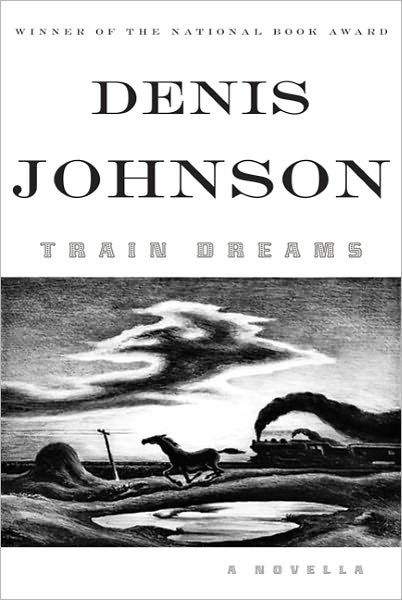
It’s the 25th anniversary of “Friends”, and a number of reviews I read talk about it looking backwards.This piece, though, does something better: it looks at where the series came up from. Key quote to me was this:
Chandler, who is so indifferent about what he does that he is unable to pay his job even the small courtesy of hating it—Chandler, besuited and bedraggled, whose work in computer-something-or-other summons the amorphous anxieties of the coming digital age. … It is through Chandler, in the end, that Reality Bites finds its way into Friends’ otherwise chipper cosmology. His work is simply there, looming, draining, tautological. His laconic resentments of it invoke the precise strain of Gen Xed ennui the novelist Douglas Coupland had described earlier in the decade: the mistrust of institutions, the mistrust of professions, the mistrust of meaning itself.
You can see in the quote the tie to Douglas Coupland’s book Generation X and the film Reality Bites. These are the roots of “Friends”. ‘Friends’ at 25: The Prescience of Chandler Bing’s Job – The Atlantic. That generation after the boomers needed a show, and many of them found it in “Friends”. Now people look back at it and many mock a show about six well dressed people living in an amazing apartment in NYC. But “Friends” then tried to make sense of becoming an adult, or “adulting”, to use a word that came along later. The fact that people have such fondness for it makes me think it resonated with them and it represents part of their lives.
I always liked “Friends”, but for a different reason. I am a fan of screwball comedy, and that series often went there. Seinfeld did absurdist comedy well, but I loved that this series did a comedic style I loved so much. Watch some episodes of “Friends” and then watch a classic screwball comedy like “Bringing Up Baby” or “His Girl Friday” and you will see the similarities.
All comedy series go pear shaped after a time, and the things that made it originally great fades. For a time “Friends” was one of the best comedies on TV, and it was great then because of the form of comedy it aspired to and because of the way it represented the time it was rooted in.

































